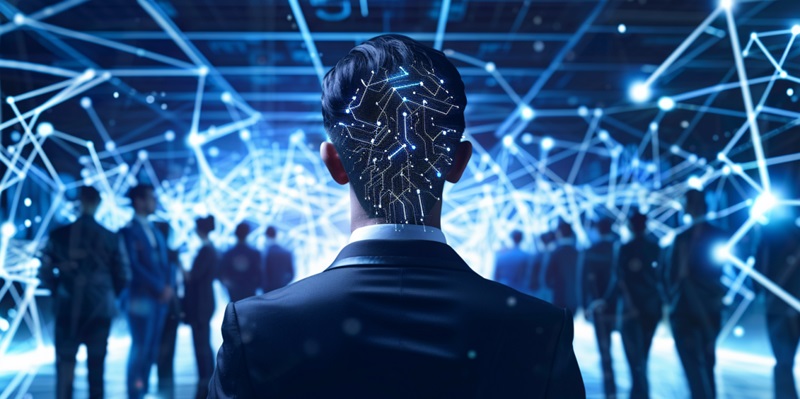The era of traditional recruitment is being rapidly outpaced by the advent of artificial intelligence (AI) in the hiring process. AI is revolutionizing recruitment by automating mundane tasks and refining the selection of candidates. Innovative machine learning algorithms and finely-tuned predictive analytics models are now capable of examining resumes and evaluating potential employees at unprecedented speeds. This technological advancement allows for the processing of vast amounts of data, far beyond the capacity of human recruiters. As a result, companies can identify the most qualified applicants quicker and more efficiently than ever before.
AI’s integration into recruitment is not limited to analyzing resumes; it also includes conducting initial interviews and assessing candidate responses. Through natural language processing, AI can interact with applicants, pose relevant questions, and evaluate their answers against the desired criteria. This initial screening capability enables recruiters to dedicate their time and resources to more strategic aspects of talent acquisition, such as building relationships with promising candidates and making crucial hiring decisions.
Mitigating Unconscious Bias
One of the most promising features of AI in recruitment is its potential to diminish unconscious biases that can affect human judgment. By relying strictly on programmed algorithms, AI technologies are less susceptible to the subjective preferences that can influence recruiters. This adherence to objective criteria can lead to a more diverse and inclusive workforce, provided the underlying algorithms are free from bias themselves. Despite these advantages, there is a real danger of AI perpetuating existing biases if care is not taken in its programming.
To counteract this, it is vital that AI systems are continuously audited and updated to ensure fairness and accuracy in the recruitment process. This effort to eliminate bias must be coupled with an emphasis on transparency and ethics, particularly regarding how candidates’ data is being used and protected. Recruiters and organizations must work closely with AI providers to understand the algorithms and uphold the values of equitable hiring practices.
The Future of AI in Recruitment
Artificial intelligence is rapidly transforming recruitment by automating tasks and refining candidate selection. Machine learning and predictive analytics allow firms to parse resumes and evaluate applicants with incredible speed, processing data in volumes that human recruiters can’t match. This efficiency leads to quicker identification of top candidates.
Beyond resume analysis, AI also pioneers the realm of initial interviews. It employs natural language processing to question candidates and assess answers according to set criteria, thus streamlining the early stages of hiring. Recruiters are then free to focus on the strategic elements of talent acquisition – engaging with potential hires and making informed decisions. AI’s rise in recruitment marks a new era, enhancing the hiring process through sophisticated technology over traditional methods.

